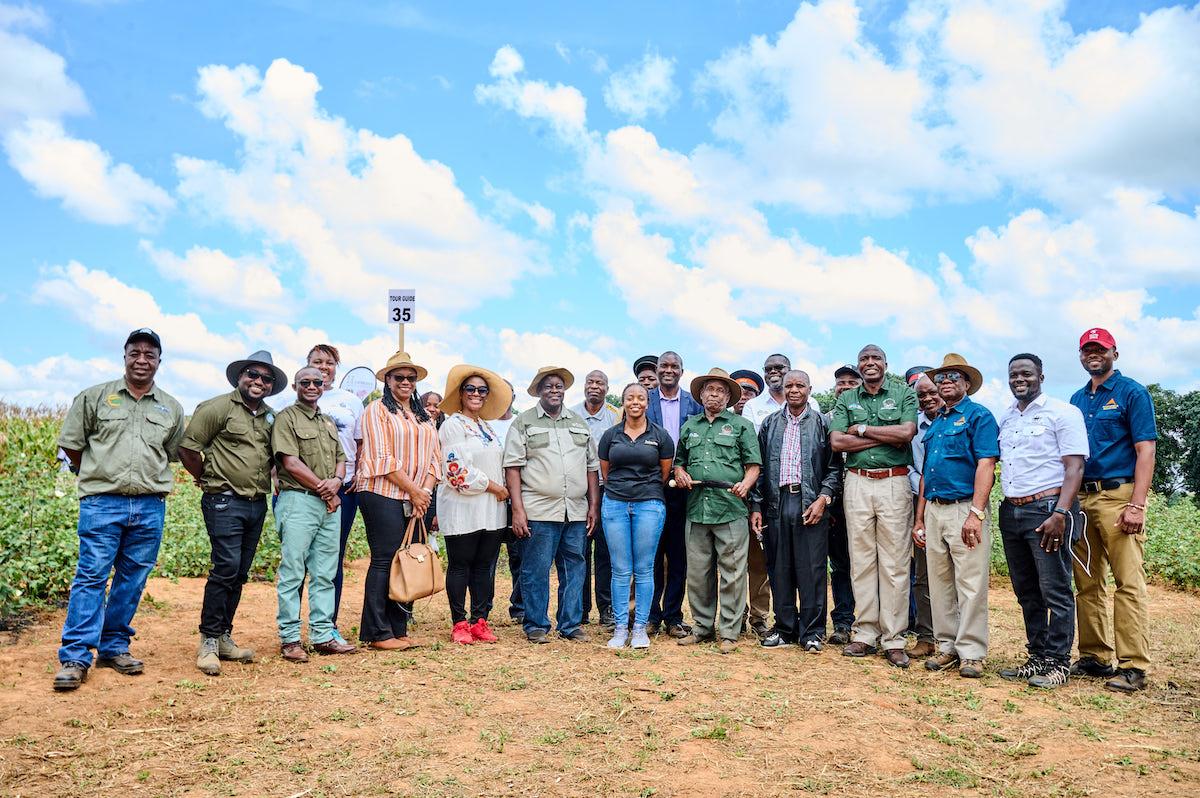Cotton is a major cash crop in Zambia and contributes significantly to the country’s economic growth. Though the sector provides a livelihood for many smallholder farmers, it is dominated by multinational ginneries who maintain a monopolistic grip on cotton procurement, processing, and marketing.
This has left farmers vulnerable to exploitation, resulting in lower crop yields and unstable incomes. Existing policies, including the Cotton Act of 2005, have proven inadequate for effectively regulating ginners, exacerbating the challenges faced by smallholder farmers.
EMPOWERING GROWTH THROUGH MULTI-STAKEHOLDER PLATFORM
In response to the situation in Zambia, Solidaridad and TrustAfrica implemented the RECLAIM Sustainability! Cotton (RS!) programme to promote sustainable and inclusive cotton production and trade across the value chain. The programme employs a multi-stakeholder approach to ensure fair value distribution, foster a responsive policy and regulatory environment, and enhance cotton production in the country.
Bringing together farmers, ginners, input suppliers, and regulatory bodies like the Ministry of Agriculture and the Cotton Board of Zambia (CBZ), this multi-stakeholder platform provides a space for dialogue, knowledge sharing, and collective action to address the unique difficulties faced by the country’s farmers.
Through this collaborative approach, the RS! programme has provided extensive support and resources to smallholder cotton farmers in Zambia. The programme has conducted training sessions to educate farmers on good agricultural practices, while empowering them with the knowledge and skills needed for sustainable cotton farming.
Additionally, farmers have gained access to high-quality inputs, such as seeds and chemicals, to enhance crop production and quality. The programme has also worked towards establishing transparent pricing mechanisms, which ensures fair compensation for farmers.
PAVING THE WAY FOR A THRIVING COTTON SECTOR
The programme supported the review of the Cotton Act to align it with current market conditions and international standards. On the 1st of June 2023, the Zambian Cabinet approved the amendment to the Cotton Act of 2005. This amendment comes at an ideal time, as the new government begins its term, and highlights the government’s commitment to improving the cotton sector as a driver of job creation and economic growth.
Broadly, the amendment looks to broaden the mandate of the Cotton Board of Zambia (CBZ), a regulatory body responsible for overseeing seed cotton production, ginning, and marketing. Additionally, proposed changes to the amendment will strengthen industry regulation, address existing legal gaps, and align regulations with international best practices.
As part of the revision process, the CBZ has invited key stakeholders and the general public to submit comments on relevant issues to be included in the amended Act. This provides an opportunity for individuals and organizations to contribute their insights and perspectives. It will ensure that the revised act reflects the diverse needs and concerns of all stakeholders in the Zambian cotton sector.
The ongoing revision to the Cotton Act of 2005 is a step in the right direction. However, there is still work to be done. All stakeholders must demonstrate a collective commitment to effective action for these initiatives to fully benefit the Zambian cotton industry both today and in the future.

